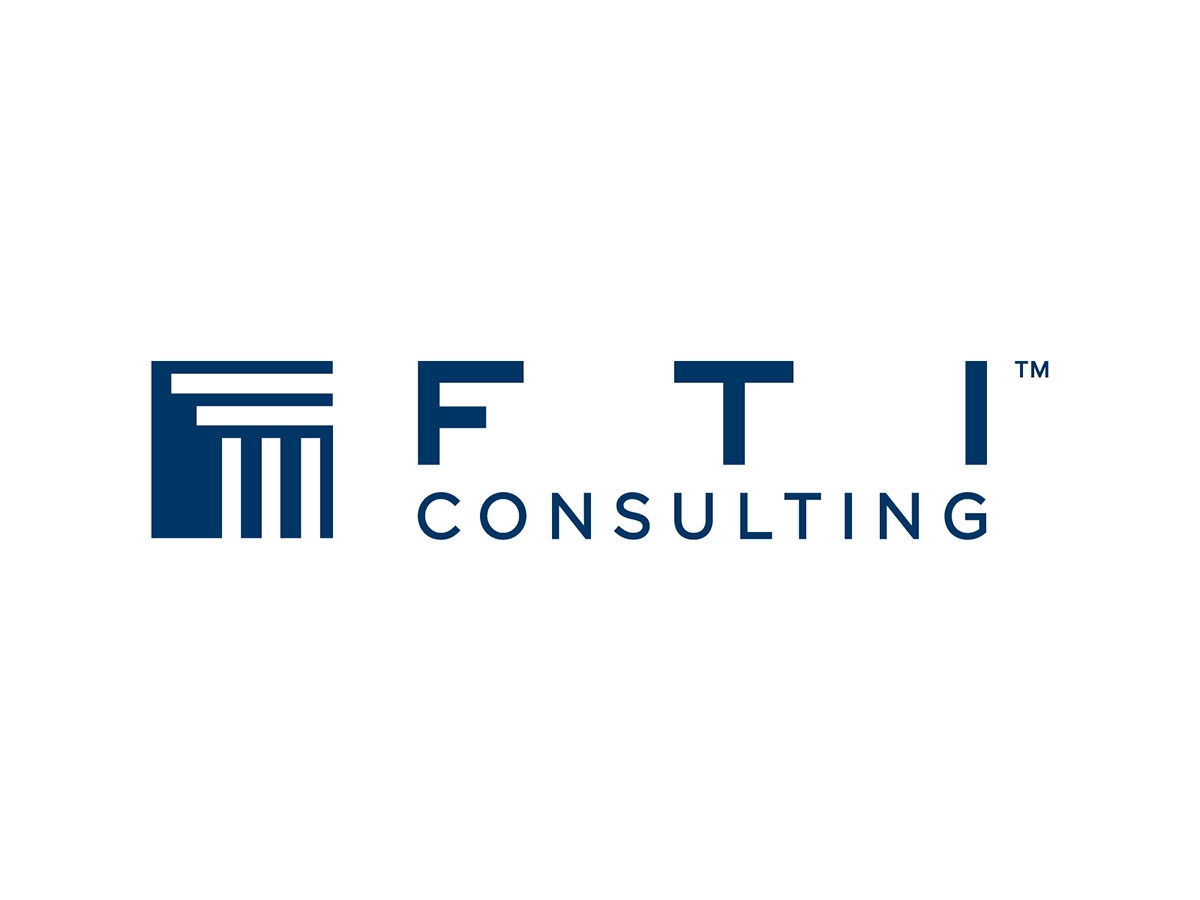Why Data Is CRE’s Most Valuable Resource

In September, one of Josh Herrenkohl’s clients came to him with a problem. A global owner of real estate properties, the client was trying to mitigate risk across its portfolio in response to the coronavirus. The problem was that the client didn’t actually know how many retail assets it owned.
As its portfolio expanded over the years, the client had used different standards to keep track of its buildings, properties and mixed-use developments. Now, it had to sort through its records to find data it could trust.
“If you don’t have the fundamental numbers on your own portfolio, you can’t even start to think about risk management, not to mention making smart investments,” said Herrenkohl, senior managing director of real estate solutions at FTI Consulting. “That information gap is the reason it’s so crucial for real estate companies to invest in tech, and specifically in understanding their own data.”
The team at FTI helped the client implement technologies and built in effective controls that would make sure data was consistent across its workforce and for its many properties. The team also streamlined internal processes to make sure employees were focused on value-added work like finding new deals rather than manual processes like manipulating spreadsheets.
Herrenkohl, who has led business transformation efforts for both multinational commercial real estate owners and users, believes that one of the most important struggles for both groups is determining how to extract and leverage data on their CRE portfolios and footprints. Trusting data rather than gut decision-making can mean smarter investment decisions and a more nimble, productive staff.
Landlords and large corporate occupiers are often sitting on reams of data — rent payments, renewals, employment and other key statistics about how their commercial spaces are used. But since commercial real estate has historically been a laggard when it comes to tech investment, that data may live on individual servers scattered across the globe, with no central repository. Governance and processes can make the difference between putting important data to use or just letting it sit idle.
“Organizations need to clearly define their 'data dictionary,' so everyone is singing from the same hymn book,” Herrenkohl said. “Then, they need to implement that data consistently across all of their systems and manage it effectively. It’s harder than it sounds, and effective processes are key.”
Now, that data is more important than ever. With so few transactions in the marketplace, landlords and occupiers are attempting to determine cap rates for buildings and the value of leases without many of the comparable deals they can typically leverage. Understanding how commercial space is being used now, and how it’s been used during previous downturns, can mean a more informed lease or deal.
Herrenkohl said that even global brands and corporations often lack visibility into how they rent space, which can put them at a disadvantage when signing new leases.
“Data is power,” he said. “if you’re a lessee sitting opposite a landlord at a negotiation, and you don’t know what the attributes and pricing of your last five deals were, you have a serious weakness. Data brings transparency and smarter decision-making.”
The pandemic has been a catalyst for real estate owners and users to start keeping better track of their data, Herrenkohl said. Some are investing in platforms like Cherre, a real estate solution that connects dozens of data structures from leasing, sales and vendor teams and extracts insights to help CRE owners make better investment decisions about their portfolios and potential acquisitions.
Others are working to boost the data that they collect, using tenant experience platforms like Equiem that also provide analytics to help landlords understand how tenants are using their spaces. But just collecting data is not enough.
“Institutional investors have been spending massively to receive third-party data, but they’re not always able to connect it,” Herrenkohl said. “You might want to predict what the retail cap rate is going to look like in six months, but if you don’t have the governance, processes and operating model to make predictions, you’re not going to have that competitive advantage.”
Data may now help answer some of the most pressing questions in the real estate world, including when the nation’s biggest companies will bring their workforces back into the office. By mapping out how companies returned to cities after the 2008 recession, or how they returned to New York in the wake of 9/11, Herrenkohl said, data analytics can help landlords identify neighborhoods and properties that may be undervalued during the recovery, or help corporate occupiers find a cost-effective lease going forward.
While real estate professionals pride themselves on being able to suss out good deals, it helps to have data to inform those decisions.
“Real estate has always been an entrepreneurial pursuit that depended on decisions made with gut feelings,” Herrenkohl said. “But at the end of the day, having technology is a competitive advantage. Data makes for smarter companies.”
Plus, a data-crunching platform may be able to process more deals than a whole team of analysts. By expanding their reach with data, Herrenkohl said, both owners and users of real estate can process more potential deals and create better results.
The pandemic has led to many transformations already, but the recovery is likely to bring more, and technology will likely be at the heart of those changes. Navigating transformations could make the difference between just sliding by, and creating an industry-leading company.
“Change management is the key aspect of everything you do,” Herrenkohl said. “As the world starts to open back up, companies need to formulate a strategy not just for tomorrow, but the next five, seven, even 10 years. Building that strategic plan — and making sure everybody in the business knows what the plan is — is the root of success.”
This feature was produced in collaboration between Bisnow Branded Content and FTI Consulting. Bisnow news staff was not involved in the production of this content.

